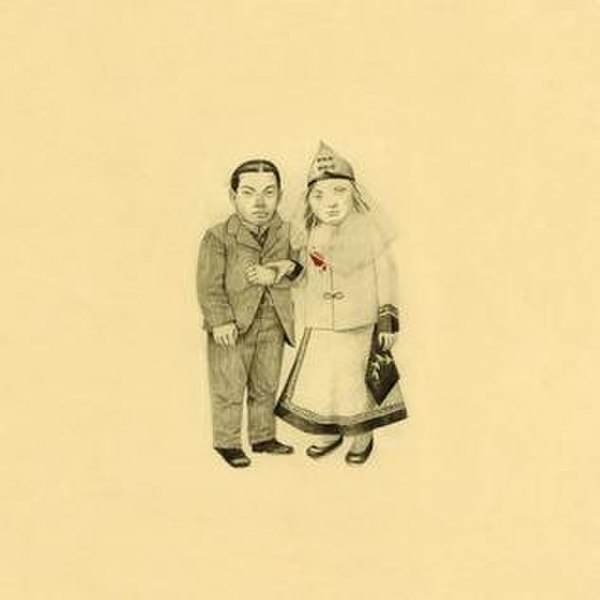 Certain albums are classic. By that I mean they capture the essence of something that transcends music, so much so that the music becomes more than music; it becomes part of our very lives. These albums have an elevated sense of artistry, but also capture a moment in time and make it timeless. Nevermind was such an album. So were The Joshua Tree, Revolver, The Downward Spiral, Rumours, and Mellon Collie & the Infinite Sadness. Albums like that mark the time because they contain a kind of zeitgeist that endures the passing of the ages. The Crane Wife may just be another one of those albums.
Certain albums are classic. By that I mean they capture the essence of something that transcends music, so much so that the music becomes more than music; it becomes part of our very lives. These albums have an elevated sense of artistry, but also capture a moment in time and make it timeless. Nevermind was such an album. So were The Joshua Tree, Revolver, The Downward Spiral, Rumours, and Mellon Collie & the Infinite Sadness. Albums like that mark the time because they contain a kind of zeitgeist that endures the passing of the ages. The Crane Wife may just be another one of those albums.The buzz surrounding The Crane Wife’s release was considerable, most of it being concern about the Decemberists moving to a major label. For three albums and four years, they had been the champions of the indie movement, being the crowning achievement and the most quality export of any minor label. But the natural progression is a band making a name for itself in indie land, and then climbing up the ladder to a major label, meaning more exposure and money. The problem is once an act makes the transition from small to big time, that major label forces them into the mold of public acceptance, something indie labels don’t do. So concern was voiced everywhere that that classic story would be the Decemberists’ story, too. Thankfully, everyone was wrong.
The Crane Wife is a glimpse of the Decemberists and frontman Colin Meloy at their most creative, their most ambitious, and their best. Right off the bat, this album captures a beauty not found in this day and age. With the 4-part epic “The Island,” they call upon the gods of progressive rock, like Pink Floyd, Yes, Genesis,
I don’t know any other way to put it; this is the best album to come around in quite a long time. There isn’t a bad song on here, or even a ho-hum one. Each song is a splendid creation, but the album taken as a whole is really where it shines. It seriously could be one of those albums that fledgling bands hold up and say, “man, I wish we could be as good as that.” And it renews my faith in not just rock and roll, but music in general. When I listen to this album, I get the sense that it’s all going to be alright.
Sons and Daughters
The
The Crane Wife 3
Shankill Butchers
22 Rating: 20

1 comment:
Dan bought it, and we both really like it. I never immediately love an album, but this one is getting better with every listen.
Thanks for the suggestion!
Post a Comment